IEEE, American Center for Mobility to collaborate on technical standards for connected and autonomous vehicles
Green Car Congress
APRIL 11, 2018
IEEE signed a memorandum of understanding (MOU) with the American Center for Mobility (ACM) ( earlier post ), a global center for testing and validation, product development, education and standards work for connected and autonomous vehicles and other technologies. —John Maddox, American Center for Mobility President & CEO.








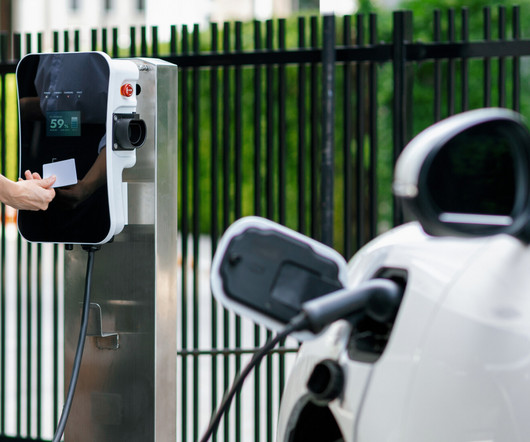
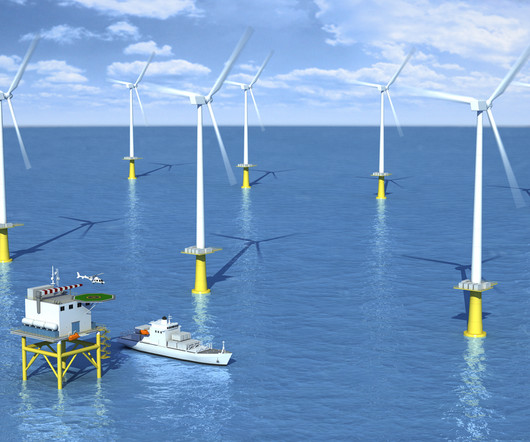



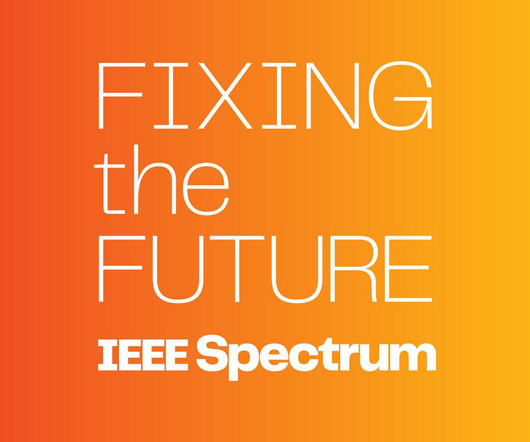






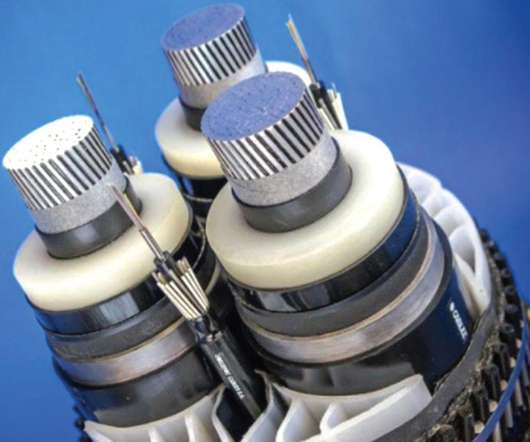
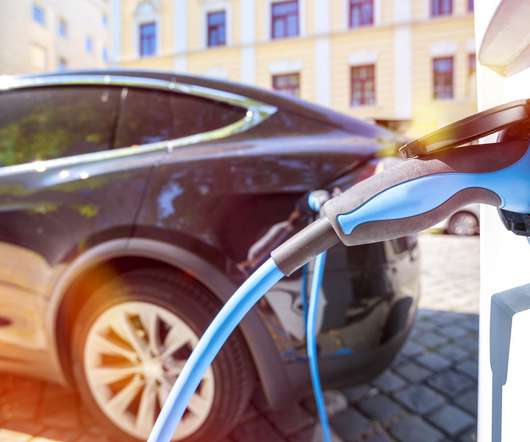
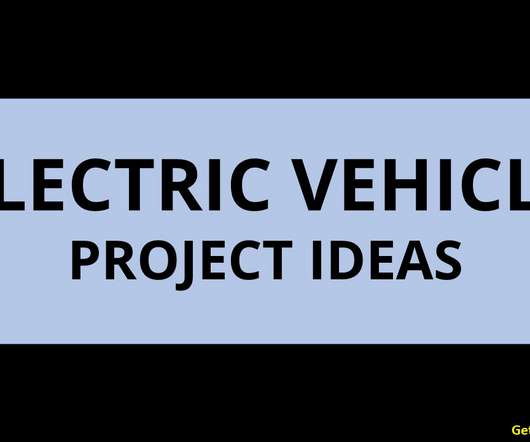




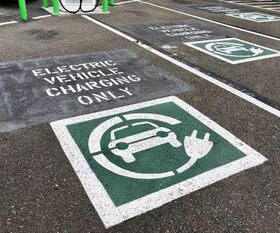






Let's personalize your content